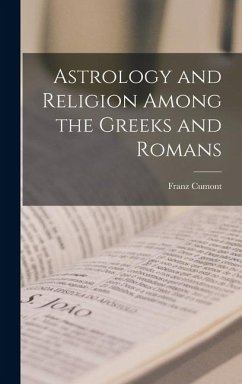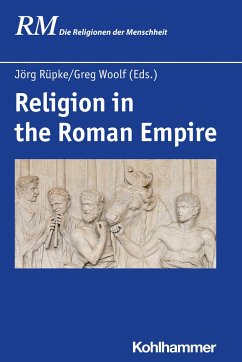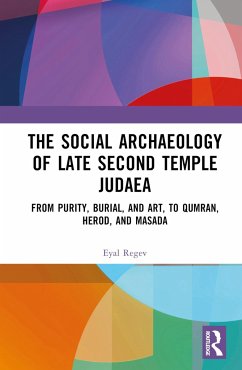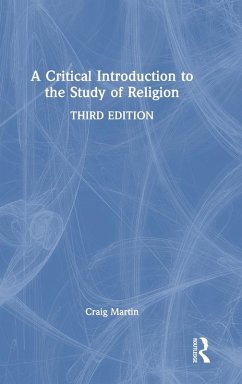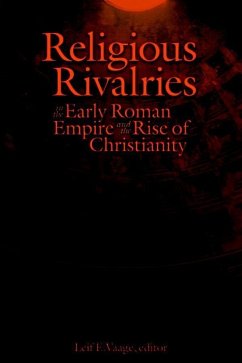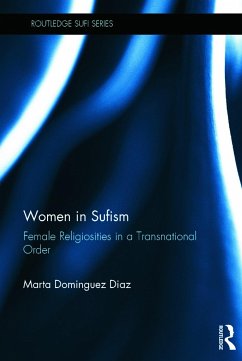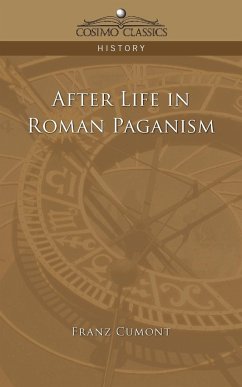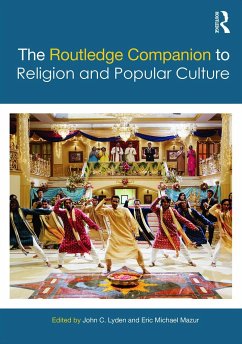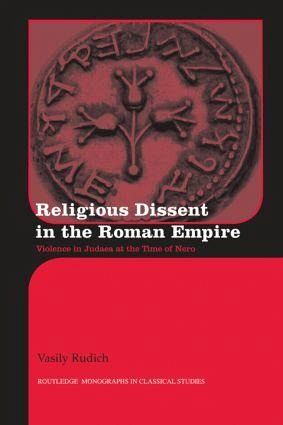
Religious Dissent in the Roman Empire
Violence in Judaea at the Time of Nero
Versandkostenfrei!
Versandfertig in über 4 Wochen
204,99 €
inkl. MwSt.
Weitere Ausgaben:

PAYBACK Punkte
102 °P sammeln!
This is the third in Rudich's trilogy on the intellectual roots of opposition to Nero's rule. The author's approach is based in his own experience, as a Russian exile, of the dissident mentality in the former Soviet Union, which gives the critical treatment of the sources an intriguing personal slant. The book begins with an historical perspective on Rome's relationship with the Greeks and the Jews from their earliest contacts through the period of expansion to the fall of the Roman republic, and further chapters are dedicated to the Principate of Augustus, Judaea's 'triple administration', th...
This is the third in Rudich's trilogy on the intellectual roots of opposition to Nero's rule. The author's approach is based in his own experience, as a Russian exile, of the dissident mentality in the former Soviet Union, which gives the critical treatment of the sources an intriguing personal slant. The book begins with an historical perspective on Rome's relationship with the Greeks and the Jews from their earliest contacts through the period of expansion to the fall of the Roman republic, and further chapters are dedicated to the Principate of Augustus, Judaea's 'triple administration', the political and cultural vicissitudes of Greeks, Jews and Christians in the period between the death of Augustus and the accession of Nero, the beginnings of the Christian Church, and the conditions of the Jewish community in Rome.




